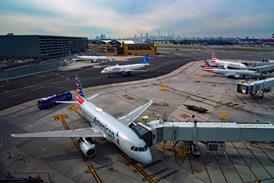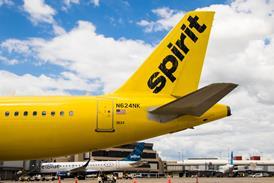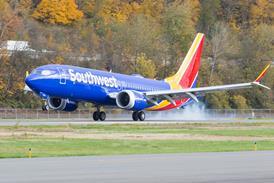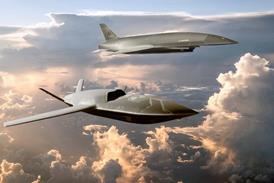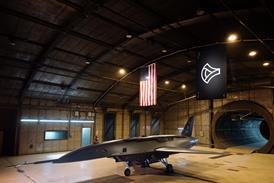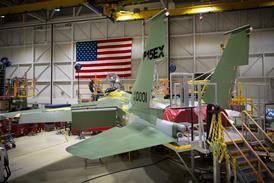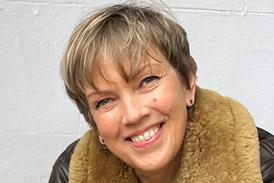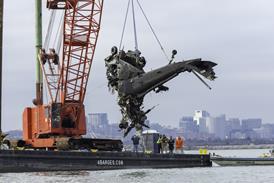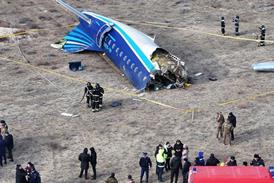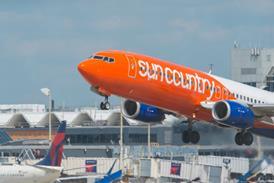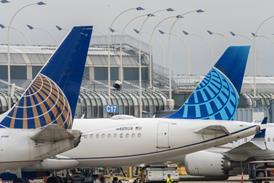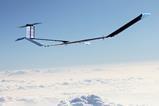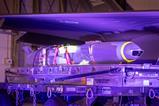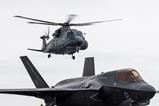NATO nations boosted their collective spending on defence by around $120 billion in 2024 from the previous year, with the 32-strong alliance’s total outlay estimated to have been around $1.3 trillion.
Detailing individual nations’ contributions in its secretary general’s annual report, published on 24 April, NATO says: “European members and Canada invested a total of $486 billion in defence last year: a 19.4% increase in real terms.”
The commitment from Washington, DC was worth $818 billion, or 64% of spending, according to the alliance’s calculations, which were made using 2021 prices and exchange rates. This markedly exceeded the USA’s 53% share of the members’ combined gross domestic product (GDP).
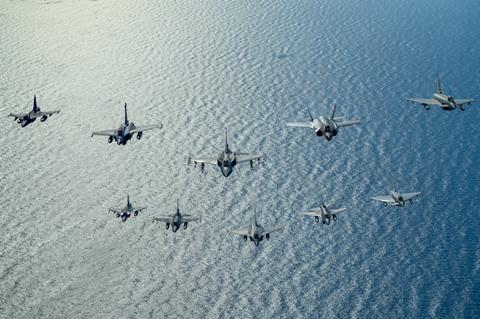
In 2024, 22 allies met a mutually-agreed guideline of spending at least 2% of their national GDP on defence. NATO notes that only three of its then-members achieved that in 2014.
Nine nations fell below the benchmark last year, with shortfalls ranging from Montenegro spending 1.88%, Italy 1.5% and Canada 1.45%, to last-ranked Spain, at 1.24%. Iceland is excluded from the annual spending assessment, as it has no armed forces.
The biggest spender last year as measured against GDP was Poland, with an estimated 4.07% of GDP, with the USA and Baltic states Estonia, Lativa and Lithuania all exceeding 3%.
The alliance’s two most recent additions, Finland and Sweden, both bettered the minimum spending target last year, with respective figures of 2.3% and 2.25% of GDP. Stockholm recently detailed a plan to further boost its commitment to defence spending, to 3.5% by 2030.
Referring to the overall increased allocation from members excluding the USA, NATO secretary general Mark Rutte notes: “These allies are taking on greater responsibility for the defence and security of the Euro-Atlantic area.”
However, he cautions: “We need to dramatically accelerate these efforts in 2025. European allies and Canada must make a quantum leap when it comes to the contributions and capabilities they bring to bear. To do so, it will be essential to invest substantially more.”
Allies also made progress on their commitment to allocating 20% or more of their defence expenditure to major capabilities, including procurement and research and development. While only seven had achieved this level a decade ago, last year saw 28 do so, with only Portugal (19.5%), Canada (17.8%) and Belgium (15.2%) falling short.
“Just as importantly, we need to reenergise the defence industrial base across the alliance and massively invest in our ability to innovate and produce, at scale and speed,” Rutte says.
“As defence budgets continue to grow, our transatlantic industry must keep pace. Our adversaries and competitors have been gearing up their militaries for competition, coercion and, potentially, conflict. We must bolster our defence industrial capacity to meet this challenge and preserve peace.”
This need has been exposed by the alliance’s ongoing support to Kyiv, following Russia’s invasion in February 2022. “Allies committed over $55 billion in military assistance to help Ukraine build a force capable of defending against aggression today and deterring it in the future, with 60% of aid coming from European allies and Canada,” Rutte notes.
“We are confronted with the most dangerous security environment in generations: a brutal war in Europe, the enduring threat of terrorism, growing strategic competition, and deepening cooperation between the alliance’s adversaries and competitors,” he says. Specifically, he points to the threat posed by a “growing strategic alignment and practical co-operation between Russia, the People’s Republic of China, Iran and Democratic People’s Republic of Korea”.
“In 2025, we need to significantly increase our efforts to ensure NATO remains a key source of military advantage for all our nations. Our continued freedom and prosperity depend on it,” says Rutte, who assumed NATO’s top post last October, succeeding Jens Stoltenberg.


